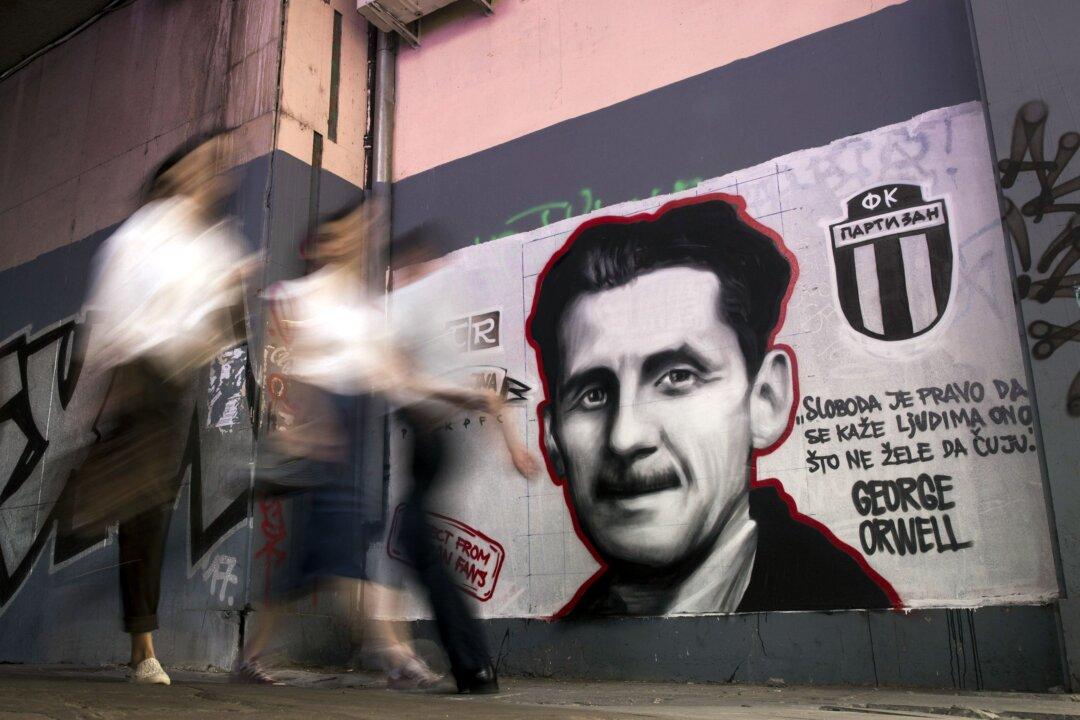Commentary
True story. My 8-year-old granddaughter and her mother were working on a jigsaw puzzle, an image of a cat’s face surrounded by black background. We adults were complaining about the difficulty of joining up so many all-black pieces.

True story. My 8-year-old granddaughter and her mother were working on a jigsaw puzzle, an image of a cat’s face surrounded by black background. We adults were complaining about the difficulty of joining up so many all-black pieces.